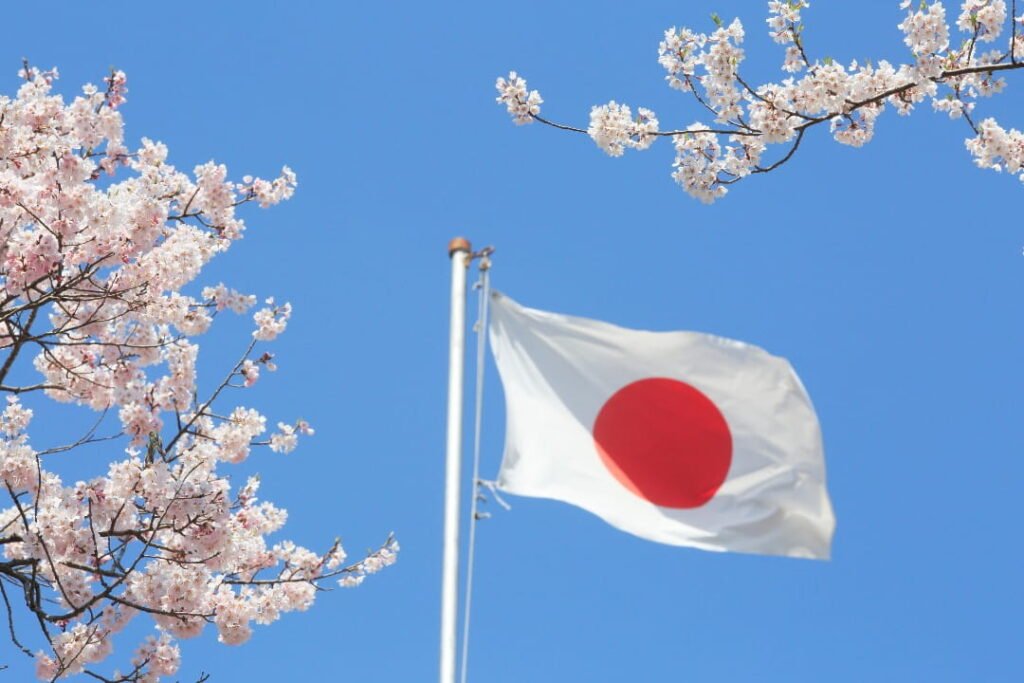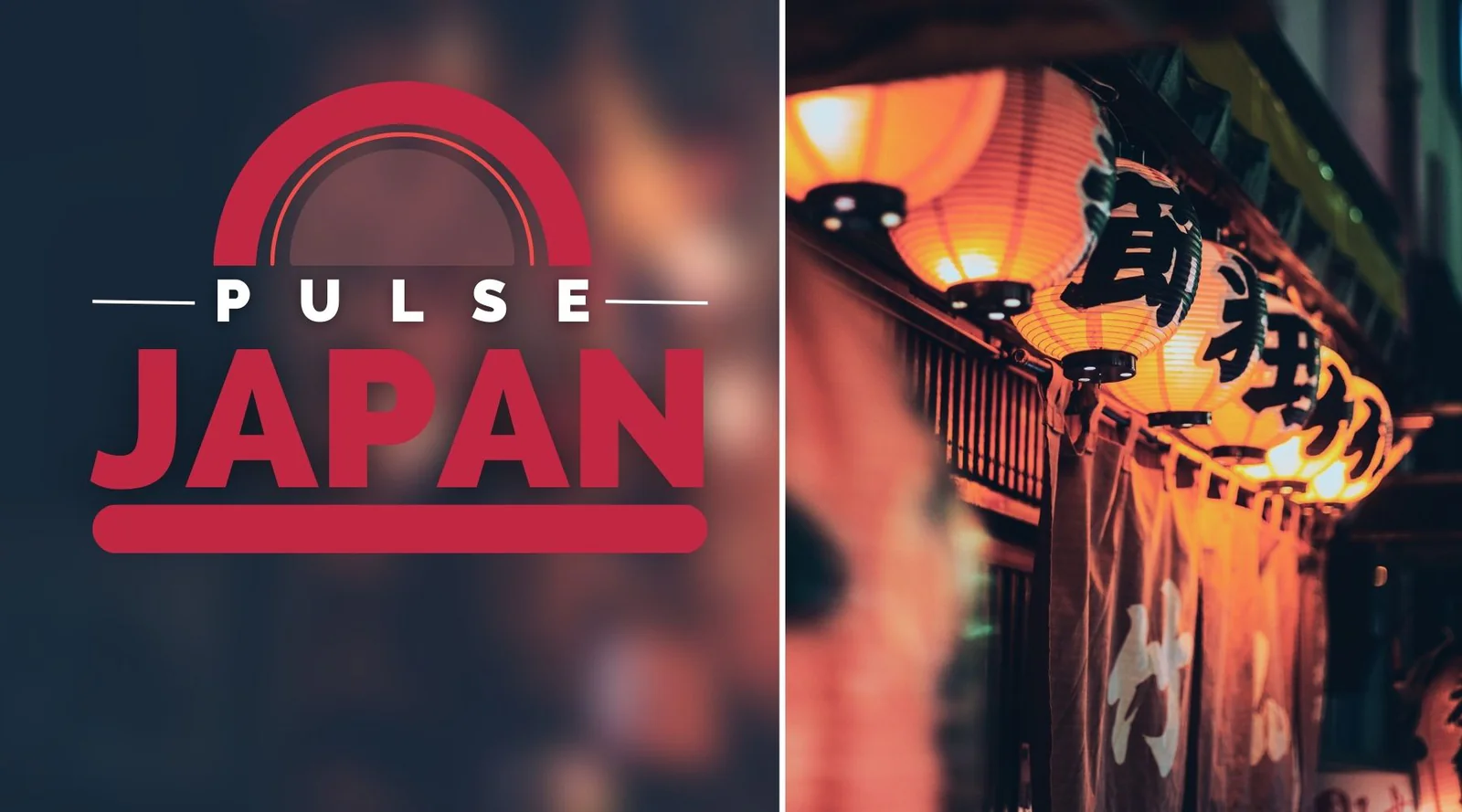Japan Weird Laws for Tourists: Complete 2025 Guide
Japan welcomes millions of visitors each year. Many travelers are surprised by rules that appear unusual when compared to their home countries. These regulations are deeply connected to Japanese culture, law, and public order. Understanding them is essential for tourists who want to avoid fines or embarrassment.

Why Japan Has Unusual Laws for Tourists:
Japan prioritizes harmony, safety, and respect. Laws often reflect cultural traditions and modern urban challenges. Tourists must recognize that what seems odd elsewhere is normal in Japan. These rules are not random—they are backed by historical precedents, government policies, and municipal ordinances.
Public Behavior Laws Tourists Must Know:
1. Street Smoking Bans
Smoking on streets is illegal in many urban districts.
-
Example: Chiyoda Ward in Tokyo was the first to ban in 2002.
-
Penalty: Fines range between ¥2,000 and ¥20,000.
-
Tourist Tip: Always use designated smoking corners marked with signs and ashtrays.
2. Loud Noise Restrictions
Noise control is regulated under the Noise Regulation Act.
-
Loud phone calls in trains are prohibited.
-
Portable speakers in public can attract police warnings.
-
Residential areas enforce night quiet hours after 10 PM.
3. Politeness in Trains
Tourists must follow strict etiquette on trains.
-
Priority seats reserved for elderly, pregnant, and disabled.
-
Eating allowed only on Shinkansen, not commuter trains.
-
Women-only cars operate during rush hours.
Transport and Bicycle Laws:
4. Bicycle Riding Rules
Japan treats bicycles as vehicles under the Road Traffic Act.
-
Must ride on the left side of the road.
-
Bicycle registration is mandatory.
-
Riding while holding an umbrella is banned.
-
Using smartphones while cycling is punishable.
-
Maximum penalty for drunk cycling: 5 years imprisonment.
5. Pedestrian Crossing Discipline
Jaywalking is illegal in most cities.
Tourists must wait for pedestrian lights even if no cars are present.
Police frequently fine jaywalkers in central Tokyo.
Cultural and Religious Law Awareness:
6. Shrine and Temple Conduct
Japan protects sacred spaces with strict rules.
-
Shoes must be removed in designated temple halls.
-
Photography is banned inside many shrines.
-
Feeding sacred deer in Nara is allowed only with official crackers.
-
Defacing cultural property can result in imprisonment.
7. Respect for Geisha Privacy
Kyoto’s Gion district enforces fines for photographing geisha without permission.
This law protects cultural dignity and prevents harassment of performers.
Food, Alcohol, and Import Restrictions:
8. Drinking Laws
-
Minimum legal drinking age: 20 years.
-
Public drinking is permitted but banned in some parks.
-
Blood alcohol driving limit: 0.03% (far stricter than Western countries).
-
Passengers with drunk drivers are also fined.
9. Import and Food Carrying Rules
Japan restricts meat, dairy, and fresh produce imports.
-
Customs officers seize undeclared food at airports.
-
Fines reach up to ¥3 million.
-
Duty-free alcohol imports limited to three bottles.
Technology and Privacy Regulations:
10. Drone Flight Restrictions
Drone usage is tightly controlled.
-
Flying over Tokyo’s 23 wards is prohibited.
-
Maximum altitude: 150 meters.
-
Flights near airports require permits.
-
Violations lead to ¥500,000 fines and drone confiscation.
11. Privacy Protection Laws
Tourists cannot photograph strangers without consent.
-
Geisha photography fines in Kyoto reach ¥10,000.
-
Unauthorized uploading of private images violates the Act on Protection of Personal Information.
Environmental and Nature Laws:
12. Garbage Sorting Rules
Japan enforces strict recycling practices.
-
Waste must be separated: burnable, non-burnable, recyclable.
-
Kyoto requires up to 34 waste categories.
-
Illegal dumping can result in 5 years imprisonment.
13. Nature Protection Acts
-
Collecting plants or stones from National Parks is banned.
-
Feeding wild animals in Hokkaido is illegal.
-
Unauthorized camping outside designated zones attracts fines.
Hotel and Accommodation Laws:
14. Love Hotel Restrictions
Love hotels must operate under zoning laws.
-
Cannot be near schools or religious sites.
-
Entry for minors under 18 is strictly prohibited.
15. Ryokan Etiquette Rules
Traditional inns operate under unique cultural codes.
-
Shoes must be removed before entering tatami rooms.
-
Tattoos often restrict access to public baths.
-
Photography inside onsen is illegal.
Festivals and Event Laws:
16. Fireworks Control
-
Fireworks allowed only in designated areas.
-
Public displays require government approval.
-
Tourists lighting fireworks in residential areas face fines.
17. Festival Safety Rules
-
Large bags often restricted in crowded events.
-
Selfie sticks banned during Kyoto’s Gion Matsuri.
-
Tourists climbing festival floats risk arrest.
Quick Guide to Japan’s Weird Laws for Tourists:
| Law/Rule | Key Detail | Penalty/Fine |
|---|---|---|
| Street Smoking Ban | Only smoke in designated corners | ¥2,000–¥20,000 |
| Loud Noise Restriction | No loud calls or speakers in public | Police warning or fine |
| Bicycle Umbrella Ban | Cannot cycle while holding umbrella | Fine or police stop |
| Drunk Cycling | Treated like drunk driving | Up to 5 years prison |
| Shrine Photography Ban | No photos inside sacred halls | Fine + prosecution |
| Geisha Privacy Protection | No unauthorized photography | ¥10,000 fine in Kyoto |
| Garbage Sorting | Separate into correct categories | Prison + fine |
| Drone Restrictions | No drones over Tokyo, near airports | ¥500,000 fine |
List: Common Tourist Mistakes That Break Laws
-
Smoking while walking in Tokyo’s Shinjuku.
-
Talking loudly on trains or buses.
-
Riding bicycles with headphones.
-
Photographing geisha in Gion without consent.
-
Carrying sausages or dairy into Japan without declaration.
-
Drinking alcohol in restricted park areas at night.
-
Using drones at Osaka Castle.
-
Entering a hot spring with tattoos visible.
FAQs About Japan Weird Laws for Tourists:
Q1: Can tourists smoke on Japanese streets?
No, many city wards ban street smoking. Only designated smoking corners are legal.
Q2: Is public drinking legal in Japan?
Yes, but some parks and festival zones prohibit alcohol at night.
Q3: Why are bicycles registered in Japan?
Registration helps police track theft and verify ownership during checks.
Q4: Can tourists photograph temples freely?
No, interior halls often restrict photography to protect sacred objects.
Q5: Are tattoos illegal in Japan?
No, but tattoos can block entry to many public baths and hot springs.
Q6: Can I bring snacks into Japan?
Yes, but meat, dairy, and fresh produce require inspection or are banned.
Q7: Are drones allowed in Kyoto?
No, drone usage is restricted near temples, shrines, and cultural heritage sites.
Q8: Why is jaywalking illegal in Japan?
It is considered unsafe and disrupts traffic order, so police enforce penalties.
Conclusion:
Japan weird laws for tourists surprise first-time visitors. They are not meant to confuse but to maintain harmony, respect, and safety. Tourists who follow these rules avoid fines and enjoy smoother travel experiences. Always check local ordinances, follow signs, and respect cultural practices.






